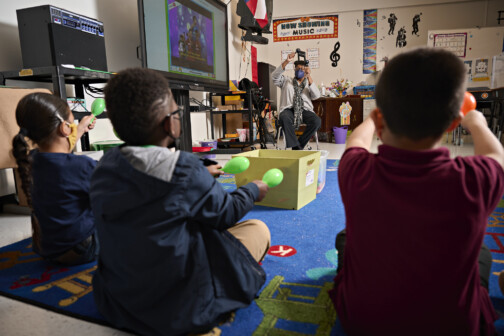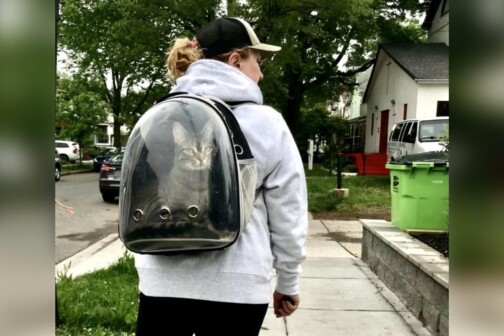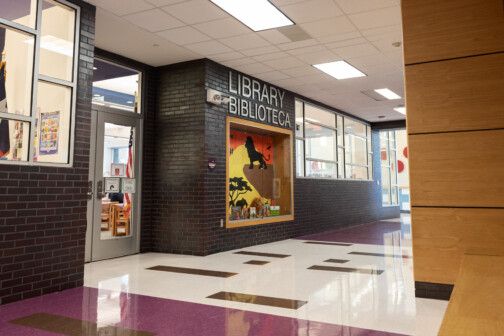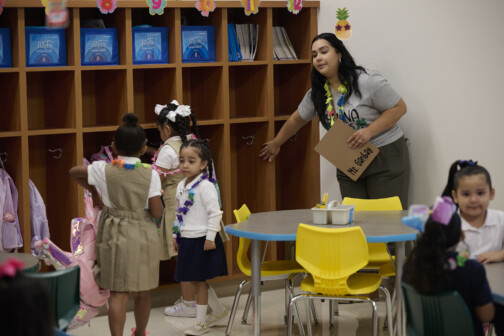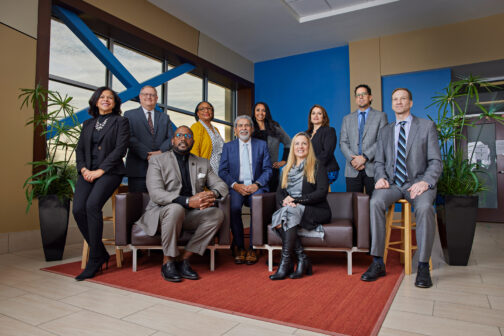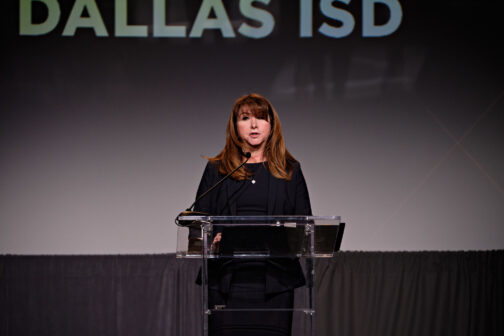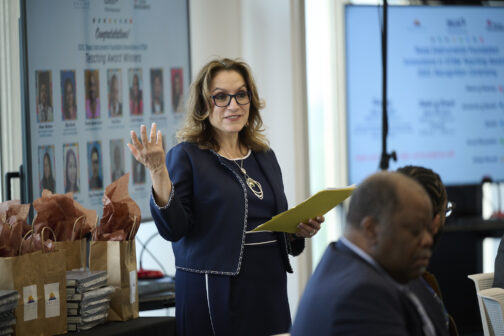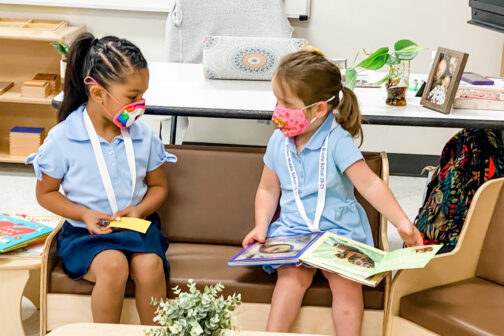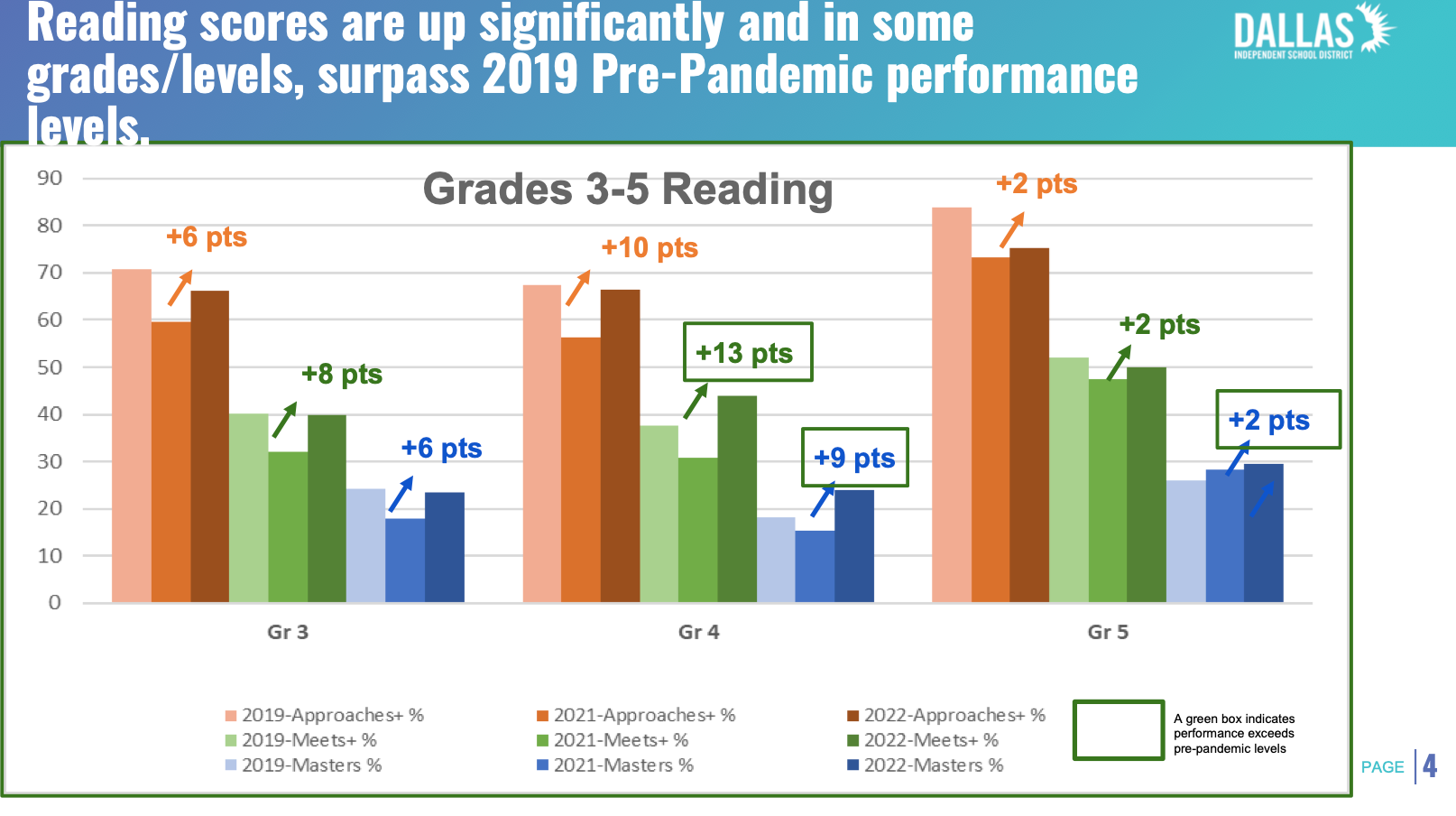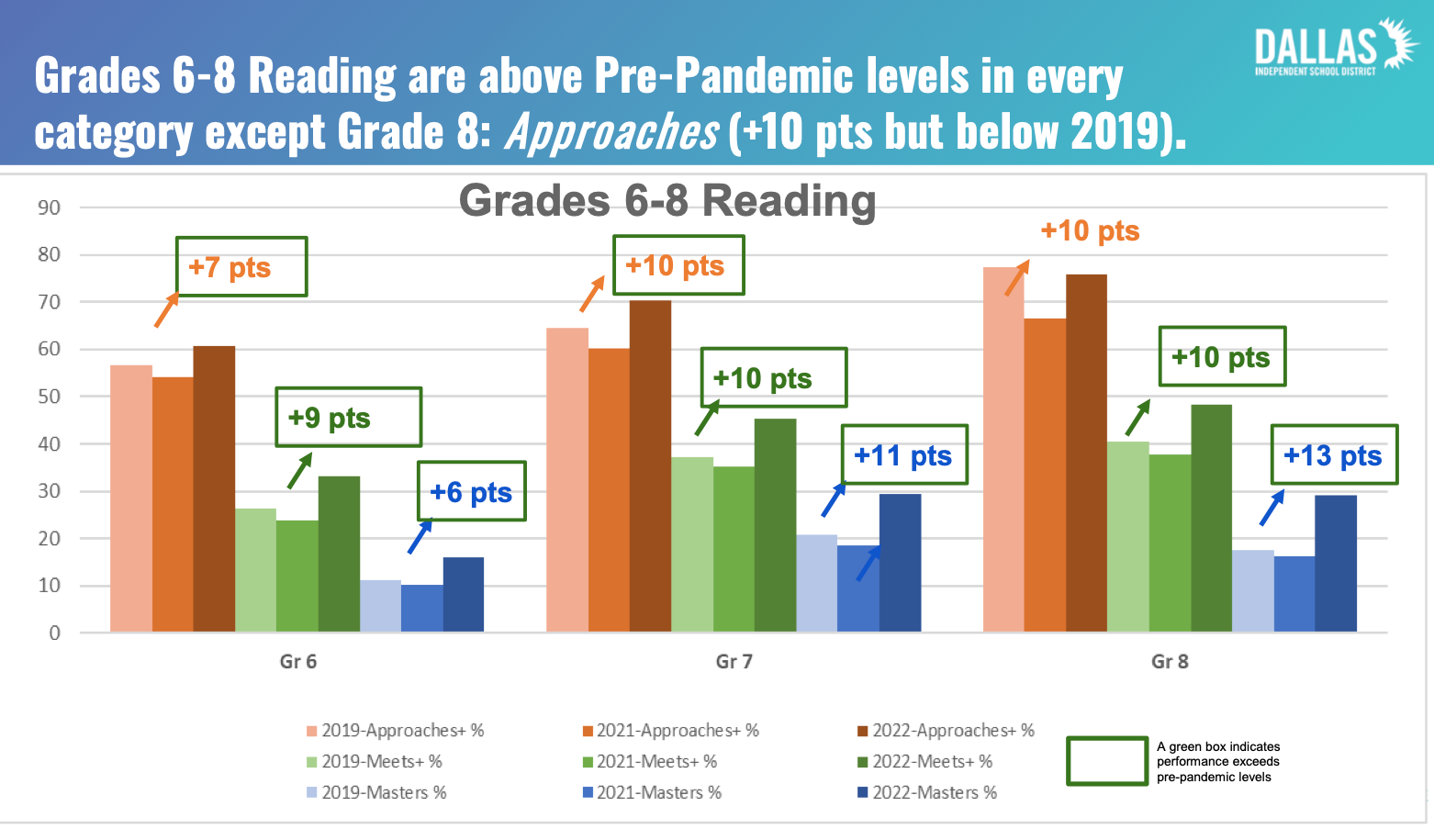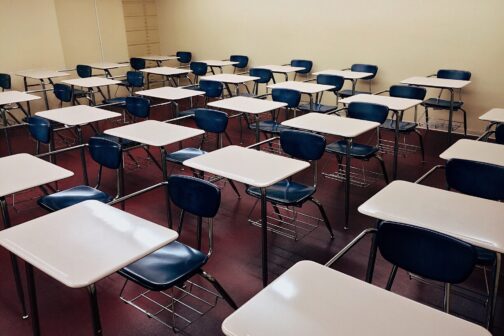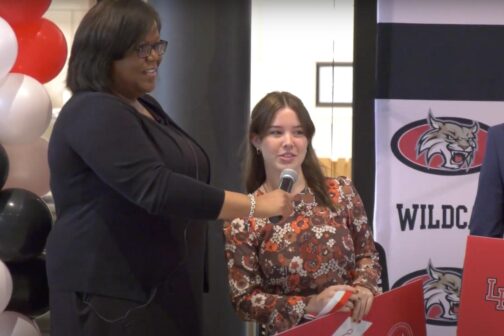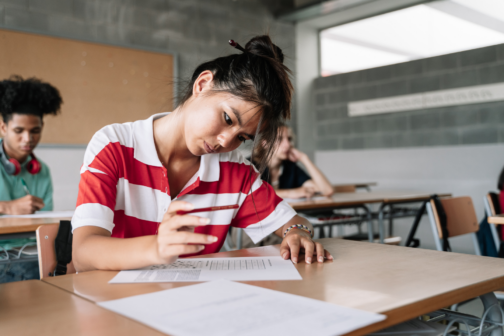At least two bills have been filed for next year’s state legislative session that place school vouchers on the table once again. And, as expected, the same groups—lawmakers, public school advocates, and school districts—are lining up to say it will never happen.
Voucher programs would take state funds and give them to parents who wish to place their children in private schools instead of public schools. The idea has earned plenty of attention as both an applause line during midterm campaigning and as the 88th Texas Legislature eyes its January convening.
Last May, Gov. Greg Abbott couched vouchers in terms of school choice and parental empowerment. “We can fully fund public schools while also giving parents a choice about which school is right for their child,” he said. “Empowering parents means giving them the choice to send their children to any public school, charter school or private school with state funding following the student.”
Abbott sought to allay fears that a push for vouchers would come at the expense of public schools. “If you like the public school your child is attending,” Abbott said, “it will still be fully funded.”
The idea of taking public money away from public schools seems to be the inflection point for voters, too. Polling that same month showed that voters were split on the matter—46 percent were in support of vouchers, while 43 percent were against it. More than 10 percent were unsure. However, the same poll also found that 82 percent were worried that a voucher program would reduce public school funding.
Historically, voucher bills haven’t passed because it’s the rare topic that is opposed by a majority of both sides of the aisle.



